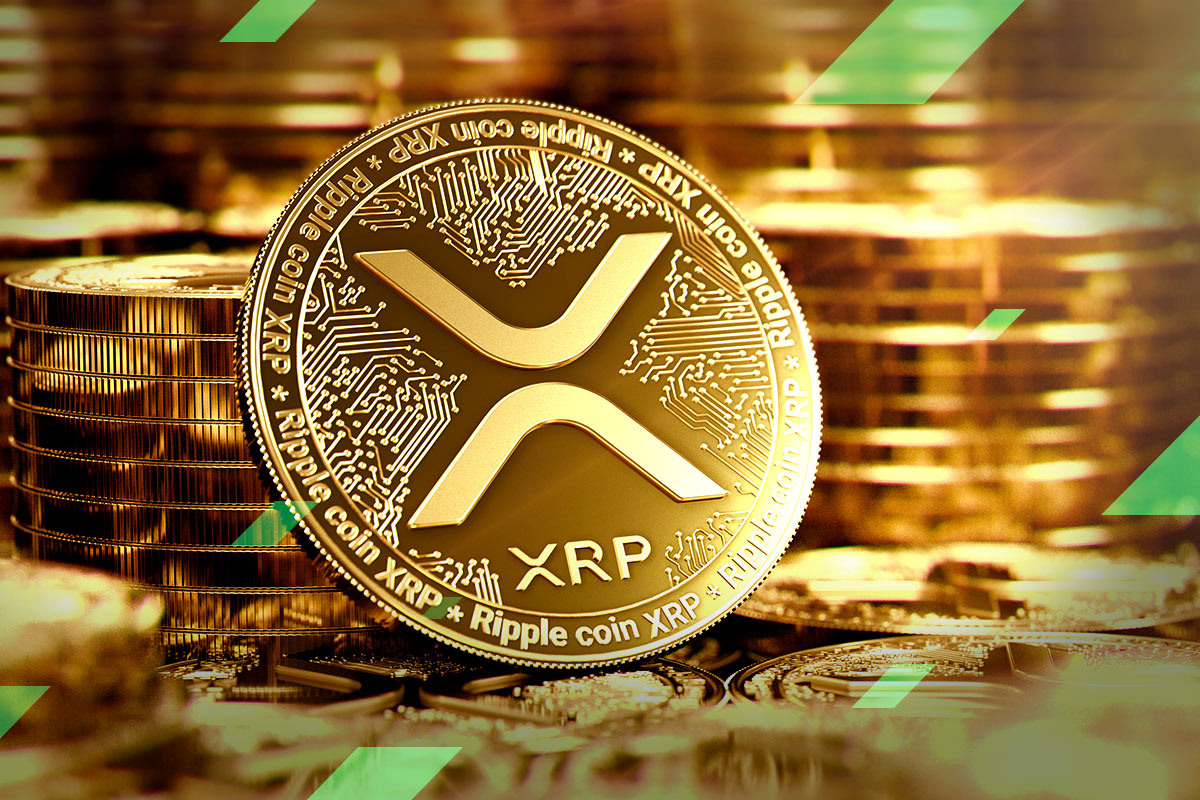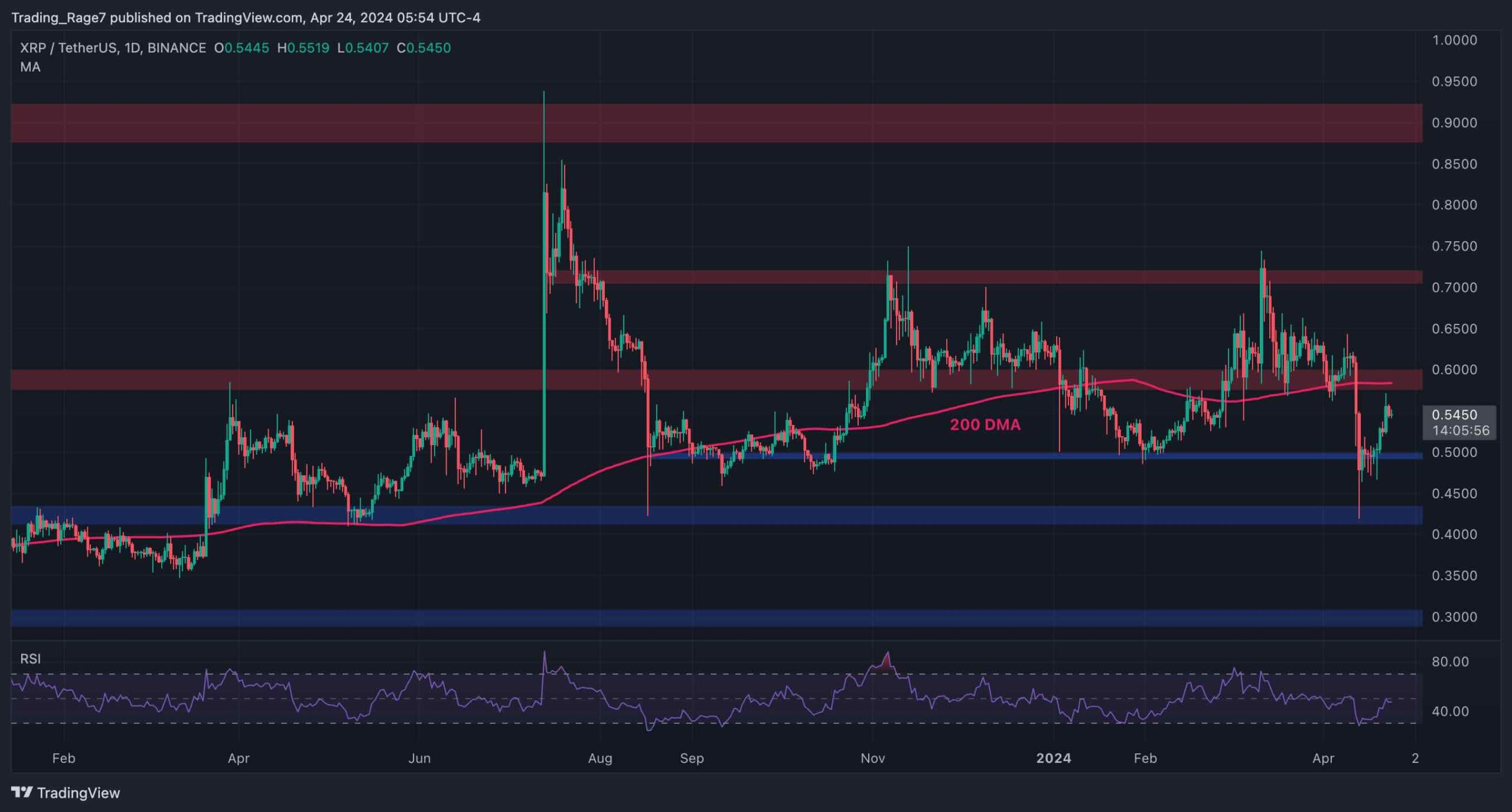In brief
- Ripple has committed to going carbon net-zero by 2030.
- The firm has created a tool to allow other blockchain firms to purchase clean energy to power their networks.
- The XRP ledger foundation will be the first to use the tool to offset XRP’s carbon emissions.
While cryptocurrencies—Bitcoin, in particular—are not known for their environmental friendliness, blockchain payment solution Ripple is striving to ditch the stigma by creating an open-source tool for projects to reduce their carbon footprint.
Designed in collaboration with blockchain-based nonprofit Energy Web Foundation, the tool, dubbed EW Zero, will allow any blockchain to decarbonize through the purchase of renewable energy in local markets worldwide.
The XRP ledger foundation, the newly formed developer hub of the XRP token, will be the first to employ EW Zero to offset the network’s carbon emissions.
“While the mainstream adoption of blockchain and crypto is encouraging, we must constantly evaluate how we innovate to ensure the future of global finance is sustainable,” said Brad Garlinghouse, CEO of Ripple, adding, “As digital payments continue to evolve, we need to make long-term systemic shifts as an industry to ensure digital transformation doesn’t come at the cost of our planet.
The Ripple effect
Ripple’s personal plans see it committing to carbon neutrality by 2030 through buying clean and renewable energy; funding the development of carbon removal tech to eliminate remaining emissions and fostering partnerships between conservation organizations.
The Renewable Energy Buyers Alliance (REBA) and the Rocky Mountain Institute—two monoliths of the clean energy industry—are already in talks with Ripple. With the two institutions, Ripple intends to drive discourse around sustainability within the broader financial sector and place blockchain at the forefront of the conservation efforts.
“Global finance is a key driver on the path to achieving a zero-net emissions energy future industrywide,” says Jules Kortenhorts, CEO of Rocky Mountain Institute. “Blockchain and digital assets are transformative technologies and will play a pivotal role in the future of finance. Ripple is taking the lead to ensure fintech is part of the effort to build a sustainable future that is not only transformative for banks and consumers, but also beneficial for the planet.”
With blockchain and cryptocurrency adoption reaching an inflection point, shrugging off the stigma of unsustainability will undoubtedly restore some confidence in the industry’s viability.


























